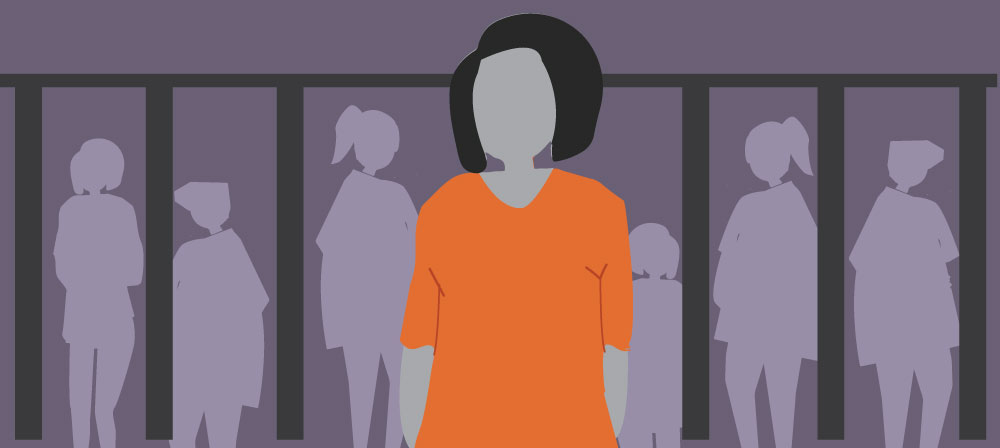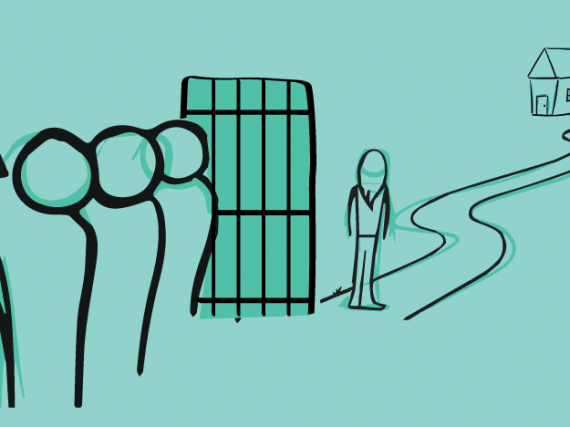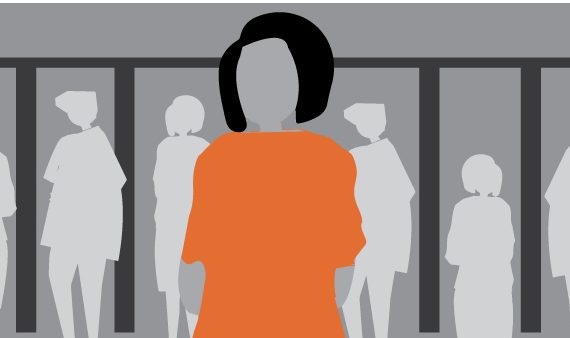Lessons from COVID-19: The use of remand, bail and sentencing for women
As part of our continuing focus on the specific needs of women in the justice system, the CIJ has embarked on a project developed in partnership with the Law and Advocacy Centre for Women, which explores women's experiences of criminal justice contact and legal outcomes since the emergence of the COVID-19 pandemic.
The response to COVID-19 continues to have a profound impact on people’s experiences of imprisonment and of the wider criminal justice system. Women, who enter prison with disproportionately high support needs and tend to spend short, repeat periods in custody, are likely to have experienced changes in the day-to-day running of prisons, courts and the service sector differently to men. While a significant drop in the female prisoner population in the months following the 2020 declaration of a State of Emergency in Victoria suggested an initial willingness to divert this vulnerable cohort from prison, the trend was short lived, with the number of unsentenced women entering prison now back to pre-pandemic levels.
As part of our continuing focus on the specific needs of women in the justice system, the CIJ has embarked on a project developed in partnership with the Law and Advocacy Centre for Women, which explores women’s experiences of criminal justice contact and legal outcomes since the emergence of the COVID-19 pandemic.
In particular, the research seeks to find out more about trends in the use of remand, bail and community-based sentences for women in Victoria during COVID-19, as well as the impact of restricted access to support services in the community and in prison. Funded under the Victorian Government’s Higher Education State Investment Fund, the Lessons from COVID-19 project will help build the evidence base for more appropriate responses to criminalised women that prioritise support in the community over imprisonment.





